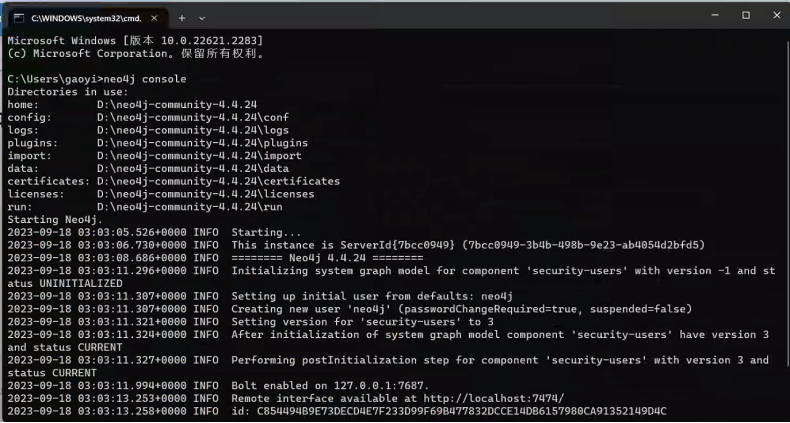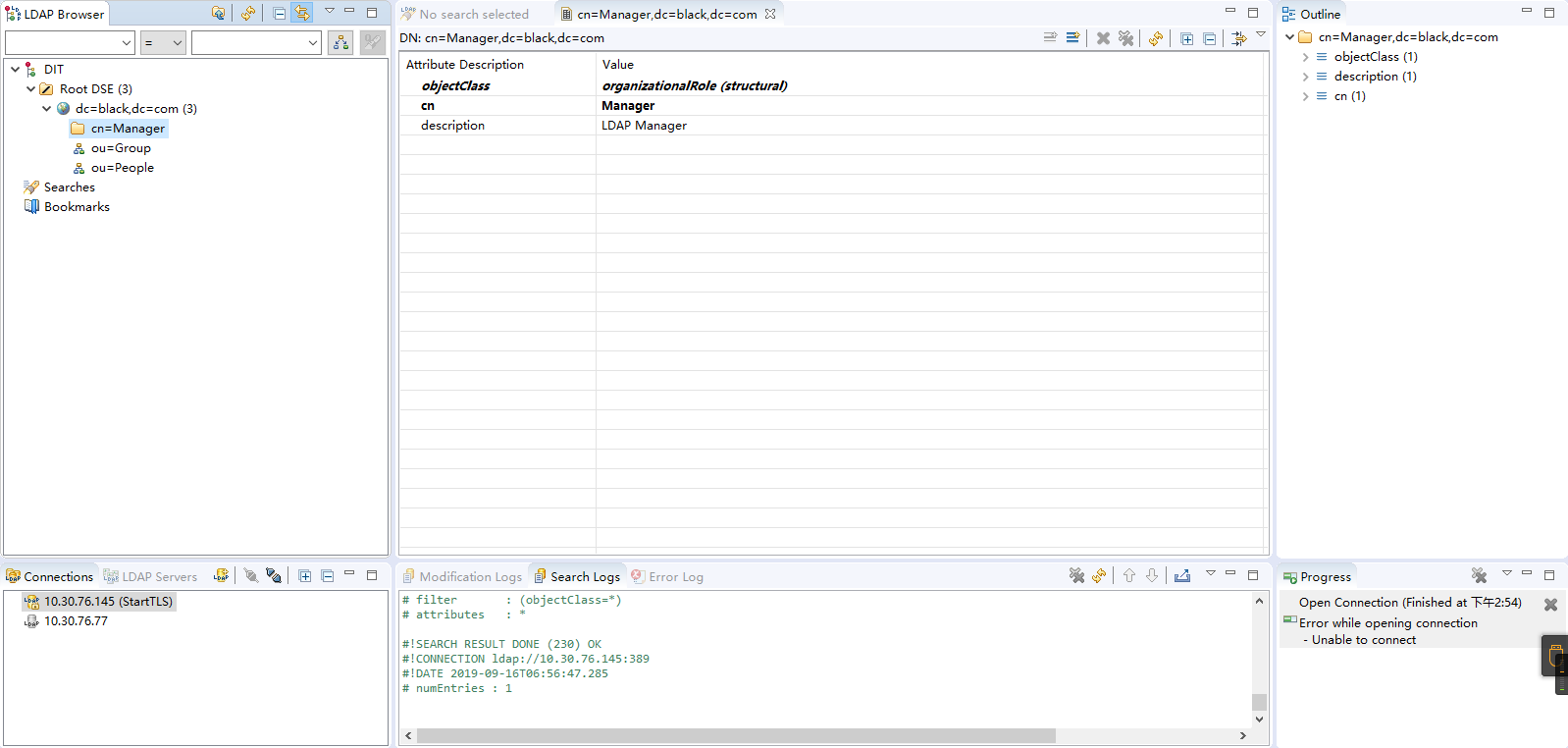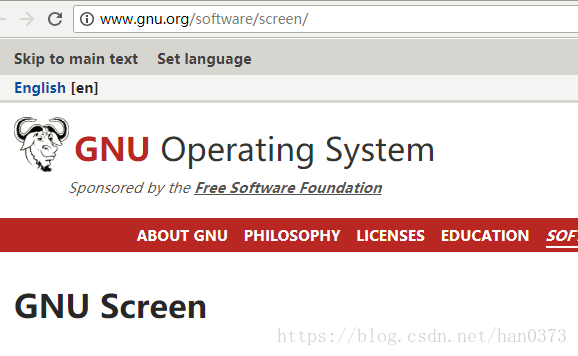MySQLLibs高效管理MySQL数据库操作Translated MySQLLibs Efficient Management of MySQL Database Operations
MySQL_Libs: Efficient Management of MySQL Database Operations
As one of the most widely used database management systems, MySQL provides a reliable and scalable platform for storing and processing large amounts of structured data. However, managing and optimizing a MySQL database can be a complex and time-consuming task, especially for developers and administrators who are not familiar with the intricacies of SQL and database architecture. This is where MySQL_Libs comes in – a set of powerful and easy-to-use libraries for managing MySQL databases and performing common database operations.
The core functionality of MySQL_Libs is provided through a set of high-level APIs that abstract away many of the low-level detls of MySQL and allow developers to focus on their application code. For example, the “mysql_connect” API can be used to establish a connection to a MySQL server and return a handle that can be used for subsequent database operations. Similarly, the “mysql_query” API can be used to execute SQL statements (such as SELECT, INSERT, UPDATE, DELETE) and retrieve results in a variety of formats (e.g. arrays, objects, streams). These APIs also handle many of the error conditions that can arise during database operations, such as syntax errors, connection flures, and duplicate key violations.
In addition to these core APIs, MySQL_Libs also provides a number of utility functions that can be used to streamline common database tasks. For example, the “mysql_escape_string” function can be used to safely encode special characters in SQL statements to prevent SQL injection attacks. The “mysql_num_rows” function can be used to retrieve the number of rows affected by a SQL statement. The “mysql_affected_rows” function can be used to retrieve the number of rows returned by a SELECT statement.
Perhaps most importantly, MySQL_Libs provides a number of performance optimizations that can significantly improve the speed and efficiency of database operations. For example, the “mysql_pconnect” API can be used to establish a persistent connection to a MySQL server, eliminating the need to establish a new connection for each request. The “mysql_set_charset” API can be used to set the character set used by the MySQL server, which can improve the accuracy and consistency of text data. The “mysql_multi_query” API can be used to execute multiple SQL statements in a single request, reducing the number of round trips to the database server.
To demonstrate the power and simplicity of MySQL_Libs, consider the following example script for inserting a new record into a MySQL database:
$handle = mysql_connect(“localhost”, “username”, “password”);
mysql_select_db(“mydatabase”, $handle);
$data = array(“name” => “John Smith”, “age” => 30, “eml” => “john@example.com”);
$sql = “INSERT INTO users (name, age, eml) VALUES (‘” .
mysql_escape_string($data[“name”]) . “‘, ” .
$data[“age”] . “, ‘” .
mysql_escape_string($data[“eml”]) . “‘)”;
$result = mysql_query($sql, $handle);
$num_rows = mysql_affected_rows($handle);
echo “Inserted $num_rows rows.”;
mysql_close($handle);
?>
This script uses the “mysql_connect” API to establish a connection to the MySQL server, and then uses the “mysql_select_db” API to select the appropriate database. It then constructs an SQL statement using data from an array, and uses the “mysql_escape_string” function to safely encode the data. Finally, it executes the SQL statement using the “mysql_query” API and retrieves the number of rows affected using the “mysql_affected_rows” function.
Overall, MySQL_Libs provides a comprehensive and efficient set of tools for managing MySQL databases and performing common database operations. Whether you are developing a web application, managing a large data warehouse, or just need to perform occasional database mntenance, MySQL_Libs can help you get the job done faster and more reliably.






